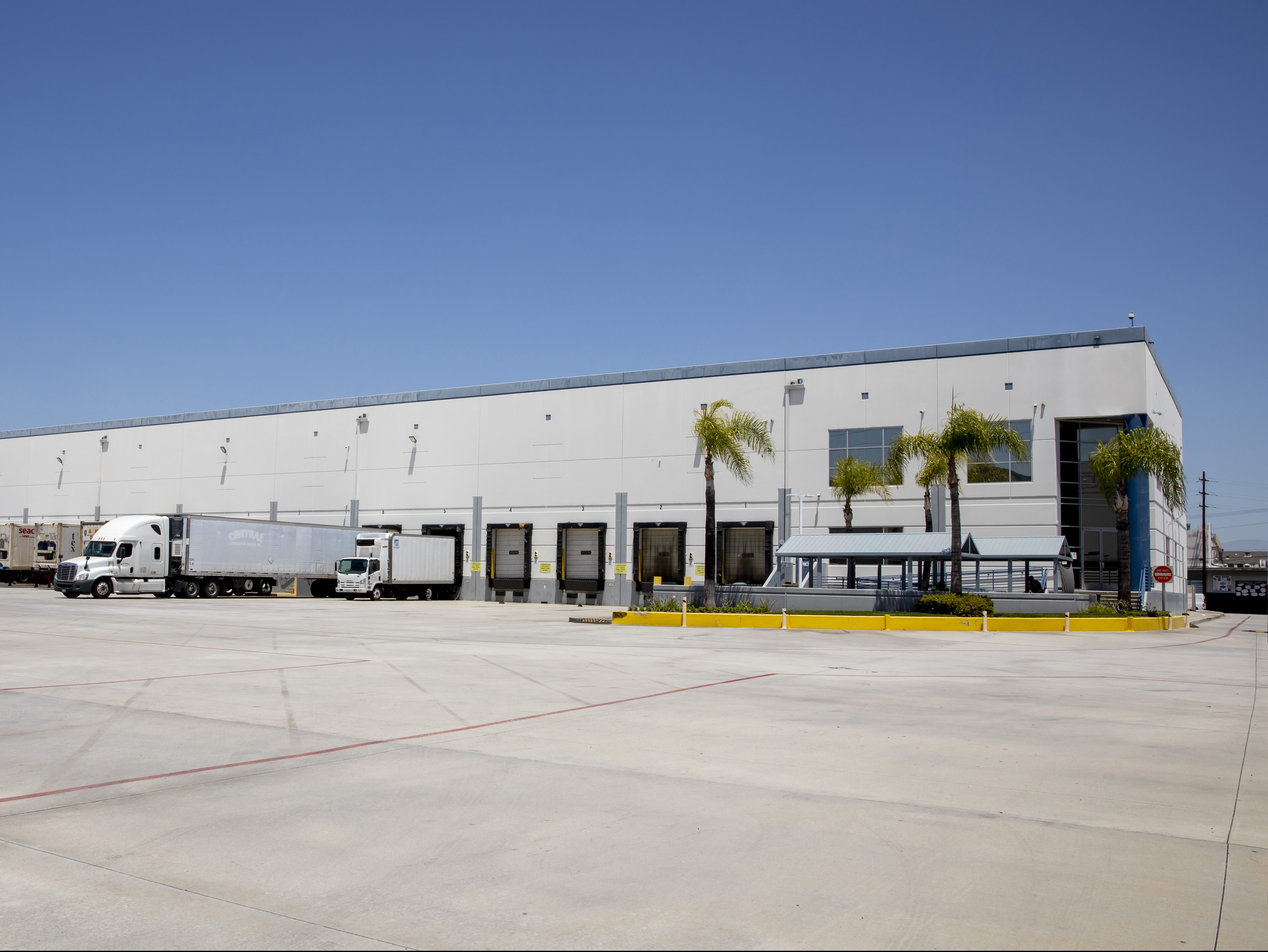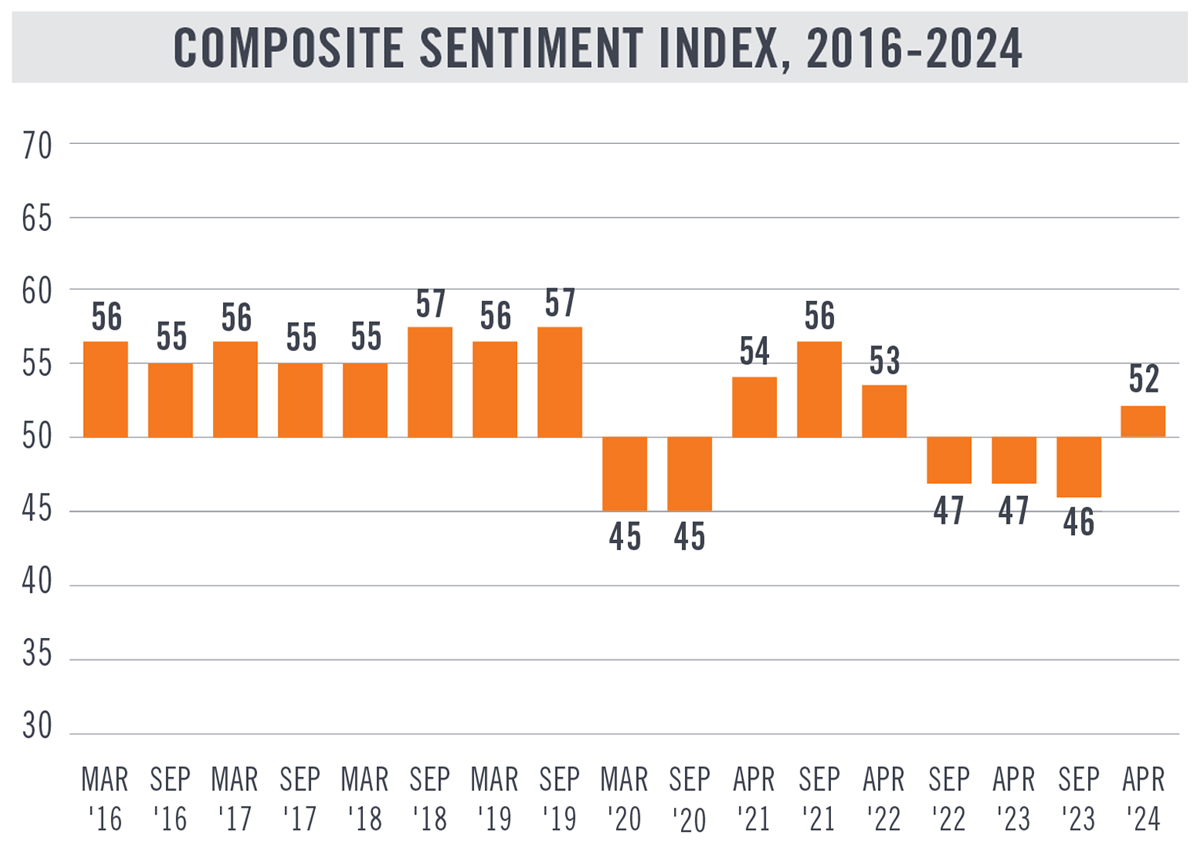Self-Storage Sales Continue Upswing with Public Storage’s $189M Portfolio Purchase
Transaction activity in the self-storage sector continues to pick up as Public Storage signs on to purchase a group of 30 properties primarily located in Southern California for $189 million.
April 7, 2010
By Barbra Murray, Contributing Editor
Transaction activity in the self-storage sector continues to pick up as Public Storage signs on to purchase a group of 30 properties primarily located in Southern California for $189 million. The portfolio is carrying $126 million in debt, which the Glendale, Calif.-based REIT has agreed to assume as part of the price tag.
With 28 of the properties sited in the Los Angeles area and surrounding communities, the portfolio will allow Public Storage to boost its share of the self-storage market in Southern California by 20 percent in one fell swoop. The remaining two properties are located in Metropolitan Chicago; Illinois, along with California and Florida, is one of the REIT’s largest markets. All facilities in the portfolio, which has an average occupancy level of 80 percent, will be re-branded under the Public Storage flag. The transaction is on track to close in phases over the next several months.
Self-storage has fared better than most commercial real estate sectors in the recession, but it has certainly felt some of the impact of the country’s financial woes. Investment activity suffered; however, Public Storage’s deal is just one of a few transactions that indicate sales volume in the self-storage market is headed toward a rebound.
In February, Ladera Ranch, Calif.-headquartered Strategic Storage Trust Inc., plunked down $23 million in cash for two facilities in Fort Lee, N.J., and Weston, Fla. And development plans have even come to the fore. In March, news emerged that New York City-based Deluxe Storage acquired a $2 million parcel of land in Queens, N.Y., from Home Depot for the development of a 1,100-unit self-storage facility.
“Transactions are starting to change dramatically,” R. Christian Sonne, managing director with real estate services firm Cushman & Wakefield’s Self Storage Industry Group, told CPE. “With self-storage, there are no leasing commissions; you’re not relying on an anchor tenant. We’re even starting to see crossover with apartment property owners; they’ve become the new players to the industry. The all cash flow benefits have made self-storage rise on the radar, but the sector is still less than 20 percent institutionally owned.”
He says the percentage of institutional investors in the self-storage market appears poised to increase: “There’s a lot of public and private interest. Investors are going on the road to events and saying, ‘bring me properties’.”
Hopeful buyers may not have to beg for much longer. “There was a big disconnect over the last couple of years between buyers and sellers, but we’re starting to see pressure on sellers to reconsider,” Sonne said. “With five-year loans coming due, for smaller owners, if they don’t have strong personal holdings, they won’t be able to refinance. So there will be some finance-oriented issues that cause people to sell.”
However, he added, while the big players do engage in one-off deals, they’re more interested in multi-property purchases.








You must be logged in to post a comment.